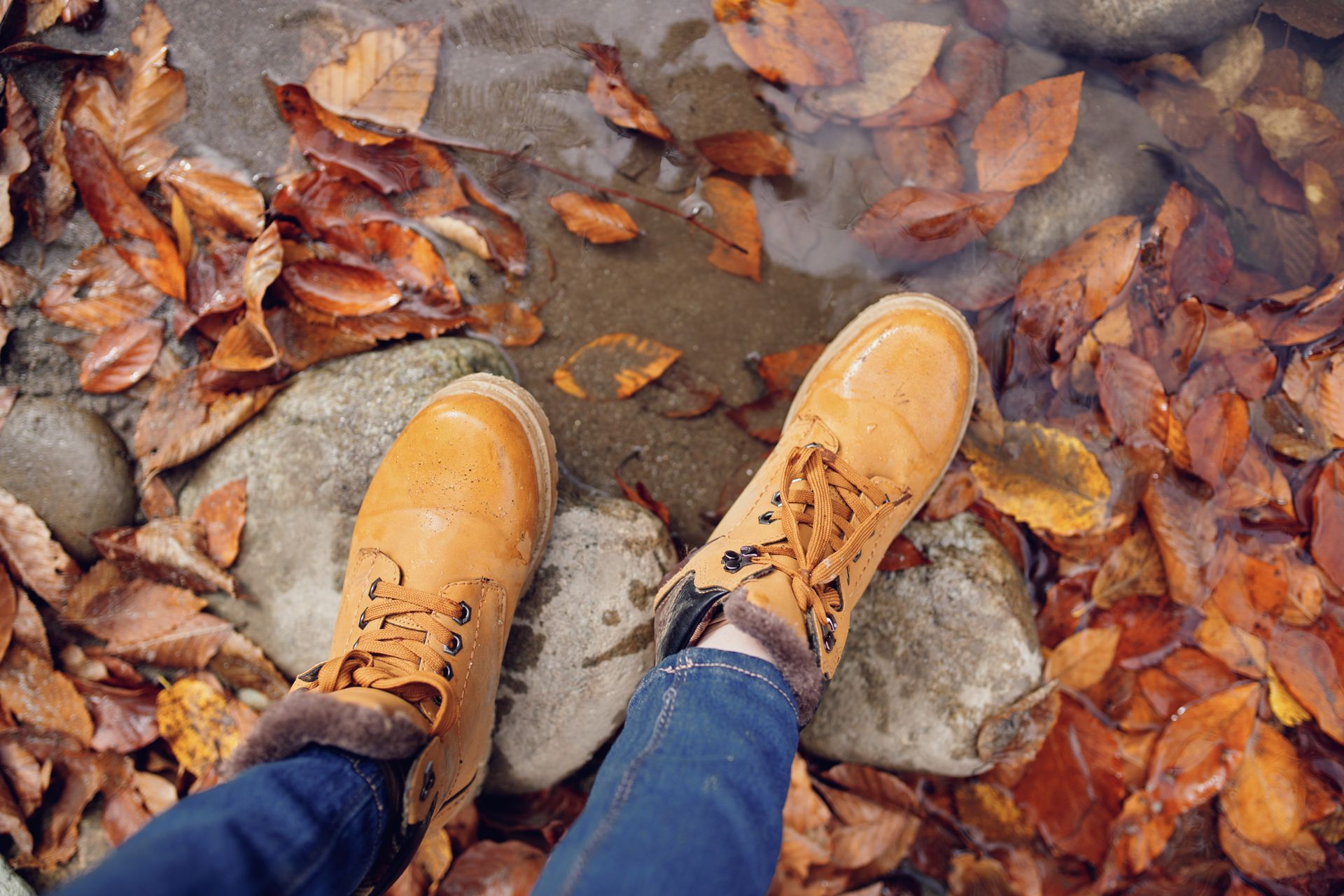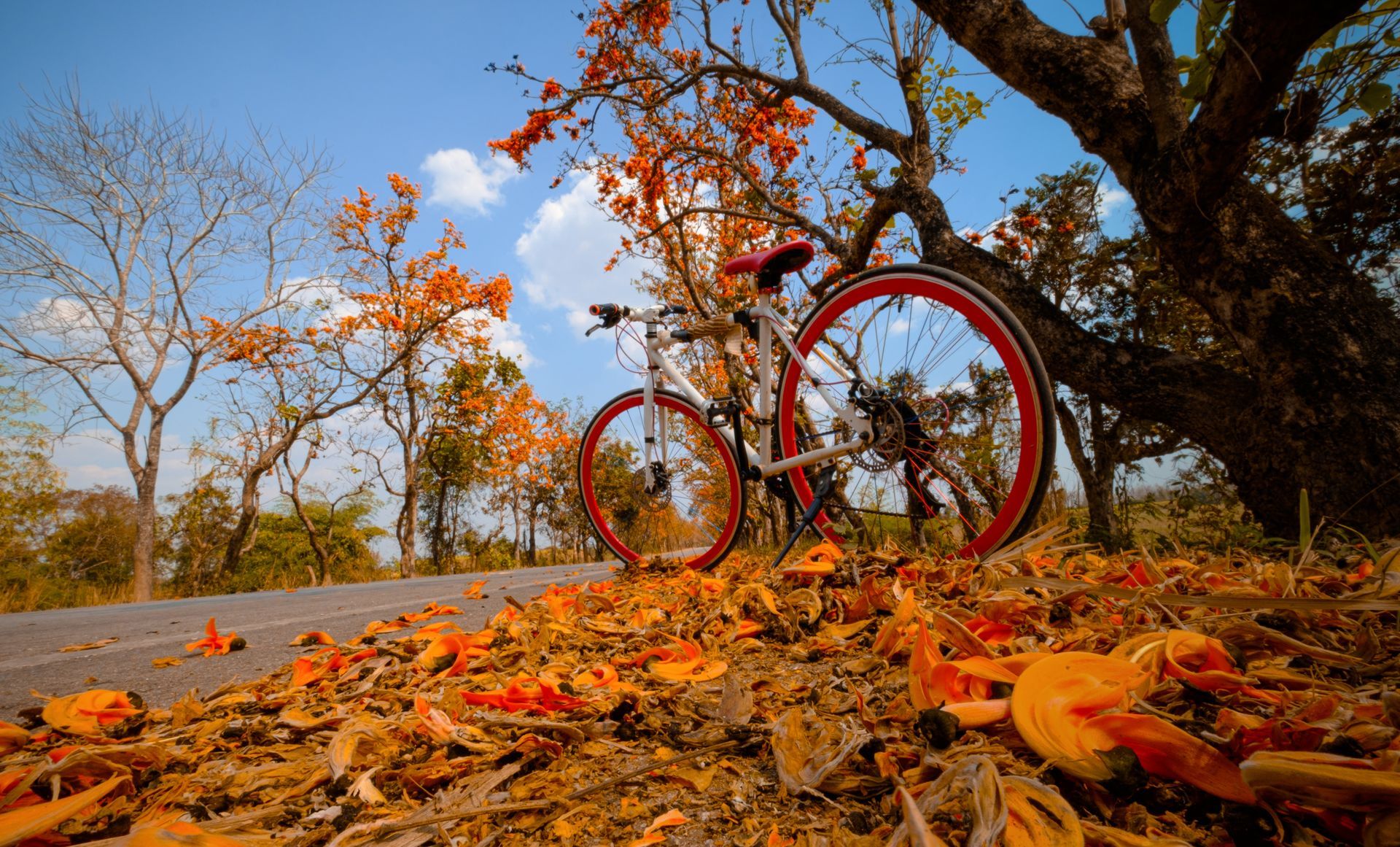Winter Sports and Vein Health: Keeping Safe While Staying Active
Engaging in winter sports is a fantastic way to stay active during the colder months, but it's important to be aware of the impact these activities can have on your vein health. Whether you're hitting the slopes, ice skating, or playing hockey, here are some tips to keep your veins healthy while enjoying winter sports.
Understand the Cold
Cold temperatures cause your veins to narrow (vasoconstriction), which can slow blood flow and increase the risk of clots. When participating in winter sports, it's crucial to keep your body warm and your circulation moving. Wear appropriate thermal clothing that maintains body heat but still allows mobility.
Stay Hydrated
It's easy to overlook hydration in colder weather because you may not feel as thirsty, but dehydration is a risk in winter, especially at high altitudes and during vigorous exercise. Dehydration thickens your blood, making it harder for it to circulate and increasing strain on your veins. Aim to drink water before, during, and after your activities, even if you're not feeling particularly thirsty.
Warm-up Properly
Cold muscles are more prone to injury, and injury can complicate existing vein problems. Start with a thorough warm-up to get your blood flowing and your body prepared for physical activity. Focus on dynamic stretches that target the legs and core to maximize protection for your veins.
Compression Garments
Wearing compression socks or stockings while participating in winter sports can help promote blood flow and reduce the risk of swelling and varicose veins. These garments are particularly useful for activities that involve prolonged periods of standing or sitting, such as ice fishing or long-distance skiing.
Monitor Your Body
Pay attention to how your legs feel during and after activity. Signs of vein issues include persistent pain, swelling, or a feeling of heaviness in the legs. If you notice these symptoms, consider scheduling an appointment with a vein specialist to assess your vein health.
Conclusion
Winter sports offer a great way to stay active and have fun during the colder months, but it's important to take precautions to protect your vein health. By understanding the impact of cold weather, staying hydrated, warming up properly, using compression garments, and monitoring your body, you can enjoy winter activities while keeping your veins healthy and strong. Remember, if you have concerns about your vein health, consult with a vein specialist to ensure you're taking all necessary steps to protect yourself.











